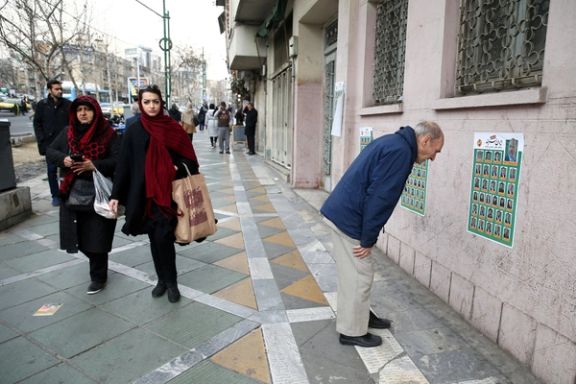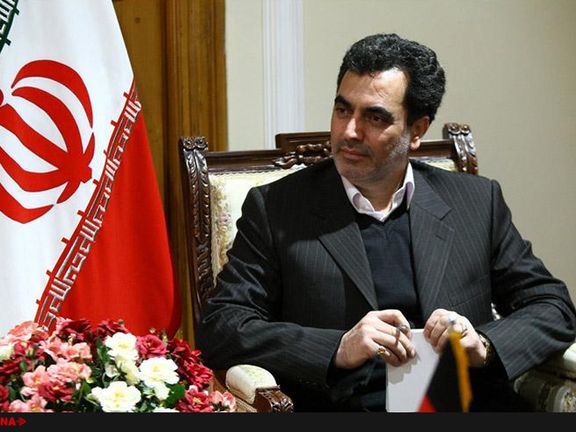Iran's Reform Front Is Almost Out Of Electoral Competition

Less than 45 days before Iran's parliamentary elections, it appears that only a small segment of the reform camp is likely to take part in the restricted competition.

Less than 45 days before Iran's parliamentary elections, it appears that only a small segment of the reform camp is likely to take part in the restricted competition.
The interior ministry and the Guardian Council that vet candidates, have disqualified almost all so-called reformist and moderate candidates, paving the way for ultraconservatives to win a majority.
The left wing of reformist parties, including the Unity of Nation party, still insist that the restrictive policies of hardliners makes competition almost impossible. However, some conservatives, including Hamid-Reza Taraghi, a member of the Central Council of the conservative Islamic Coalition Party claims that reformists will present a full list of their candidates for the March 1 elections.
Like most regime politicians who have little if any idea of what a fair political competition means, Taraghi says that anyone or any group that seeks a share of political power is opposed to the formation of a strong parliament.

Nonetheless, his argument about reformists coming to the scene with full lists may carry some truth as Javad Heravi, the Spokesman for the Moderation and Development Party, which is close to former President Hassan Rouhani, told the press on Monday that the party will not venture into the elections without a full list of candidates. The party had announced earlier that it might nominate only 16 candidates for the 30 seats in Tehran as not enough of its members have been approved by the government to run for parliament.
Heravi added that there is no point in continuing consultations with the predominantly conservative supervisory institutions that vet the candidates. He said: "We had some 200 candidates but many of them have been disqualified and we have less than 100 candidates left." He added, "The ruling minority in Iran is saying very clearly that they do not want a high turnout in the elections."
He also said that his party might form a coalition with other likeminded groups to present a list of 30 candidates for Tehran and a full list for other constituencies. The Moderation and Development Party and another centrist party, the Executives of Construction, appear to be the only pro-reform parties that are keen to take part in the elections.

Meanwhile, Esmail Gerami-Moghaddam, the spokesman for the reformist National Trust Party stated that although many of its members had registered their candidacy, the number of those whose qualifications have been endorsed by the Guardian Council is so small that the party is not able to nominate any candidates in 90 percent of constituencies. He emphasized that nearly all of the candidates whose qualifications have been endorsed belong to conservative parties.
Meanwhile, conservative politician Amir-Reza Vaez-Ashtiani argued that "Reformists know they do not have grassroot support. Radicals among them, including jailed former Deputy Interior Minister Mostafa Tajzadeh, and reformist theoretician Saeed Hajjarian are now part of the opposition." However, he said, "Moderates are different. They still believe in the revolution [Islamic Republic]."
In another development, reformist politician Gholamreza Ansari said that the Unity of Nation has a voters' base and its members are active all over Iran, but its leaders have brought the reform camp on the verge of dissolution, hoping that in this way this party standing alone can win more votes from among reform-minded voters.
Despite the arguments on both sides, it is not clear if the reform camp is really divided, or it is the government and its conservative supporters who are trying to portray it as a divided group. What is clear is the seasonal nature of all political parties in Iran that are absent for almost three and half years and become active only during the parliamentary or presidential elections.